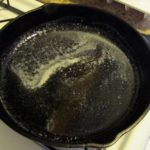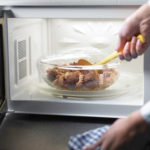Don’t Boil Eggs in Already Boiling Water
You might think that boiling eggs in already boiling water will cook them faster, but this method can cause the egg shell to crack. This results in uneven cooking, with some parts of the egg remaining uncooked.
Bacteria may then enter the egg through these cracks, so it’s best to start with cold water and bring it to a boil with the eggs in the pot.
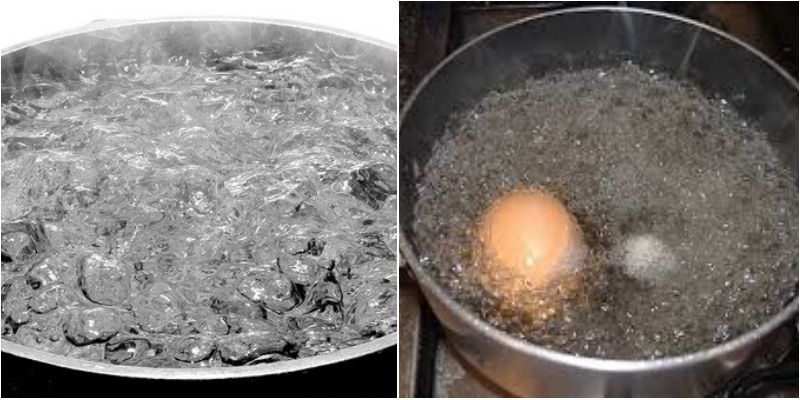
Reheating Eggs
It’s common to reheat leftover food, but when it comes to eggs, this is not a good idea. Overnight, the proteins and nutrients in eggs deteriorate, and reheating them can create toxins. Reheated eggs are also harder for your body to absorb, increasing the risk of cancer.
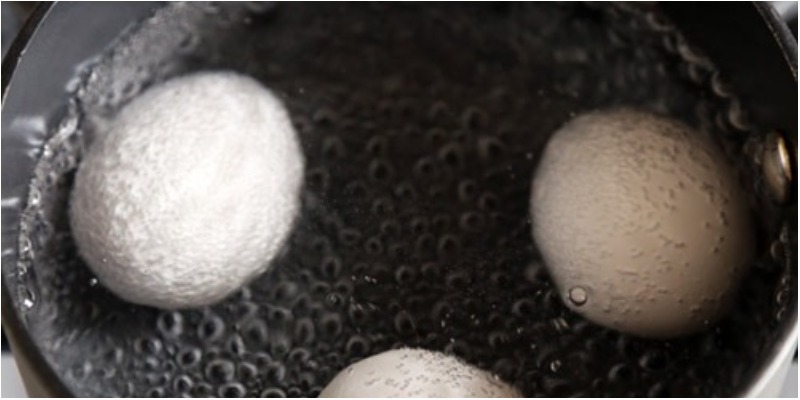
Overcooking Boiled Eggs
To ensure that boiled eggs are fully cooked, many people tend to overcook them. However, this can cause the yolk to turn gray and develop a sulfurous odor, while the egg white becomes tough and rubbery.
Although a discolored yolk is usually harmless, in rare cases, it can indicate that the protein in the egg has changed and may cause food poisoning.
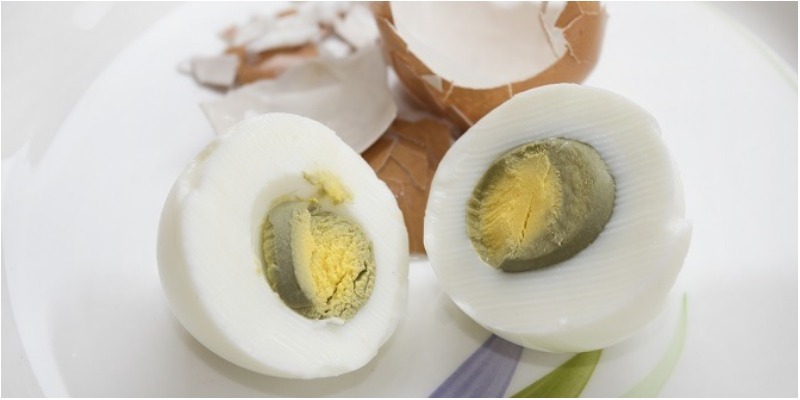
Boiling Freshly Laid Eggs
Freshly laid eggs, or those that are only a day or two old, are believed to be tastier than older eggs. However, this doesn’t hold true for boiled eggs. Fresh eggs are harder to peel, and the whites tend to break and allow bacteria to enter, affecting the taste.
Eggs that are a few days old have reduced moisture content, making them easier to peel, and resulting in a better-tasting boiled egg.
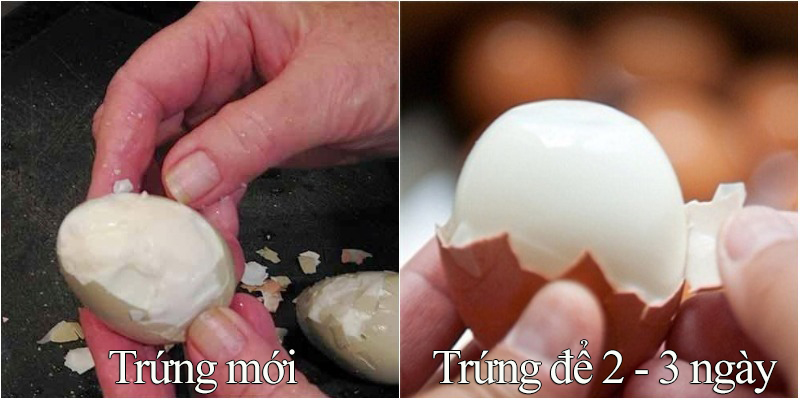
Consuming Raw or Undercooked Eggs
Some people, especially men, believe that consuming raw or undercooked eggs is beneficial for their health. However, this practice can hinder protein absorption and lead to digestive issues such as diarrhea.
Additionally, if the eggs are contaminated with bacteria, consuming them raw or undercooked can make you sick.
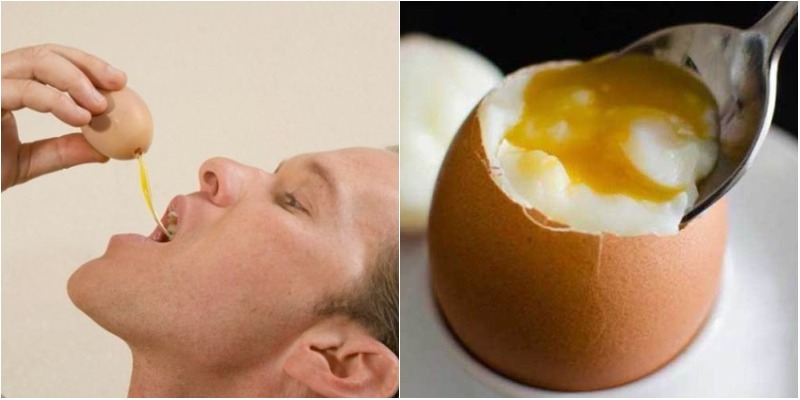
Frying Eggs at High Temperatures
While frying eggs at high temperatures may speed up the cooking process, it also destroys the vitamins in the eggs. It’s best to fry eggs over low heat until the yolk is just set.
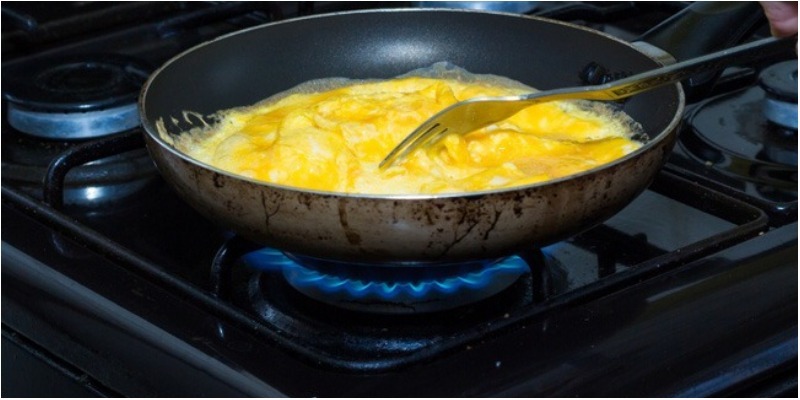
Cracking Eggs on the Edge of the Counter or Stove
Cracking eggs on the edge of a counter or stove is a common habit, but it can allow bacteria to enter the egg. Instead, use the edge of a clean bowl or the handle of a clean knife to crack the egg.
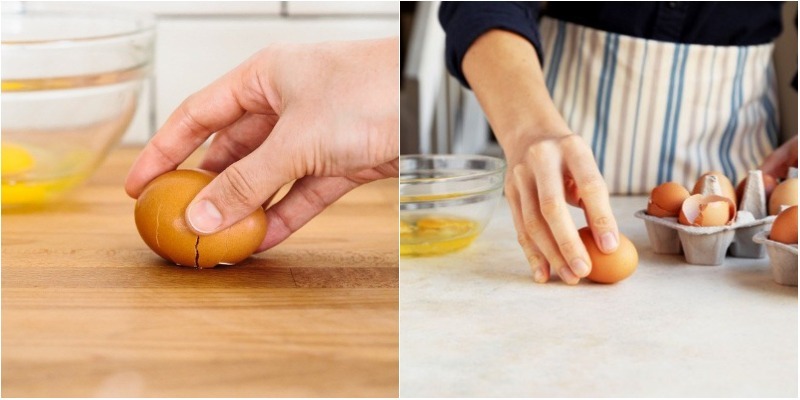
Vigorously Beating or Whisking Eggs
When making an omelet or scrambled eggs, you might be tempted to beat or whisk the eggs vigorously to combine the whites and yolks quickly. However, this can break down the structure of the eggs, leading to a loss of nutrients and a drier, tougher texture.
Instead, gently beat the eggs and add a little cooled boiled water to prevent them from sticking to the pan. This will help retain the eggs’ flavor and nutritional value.
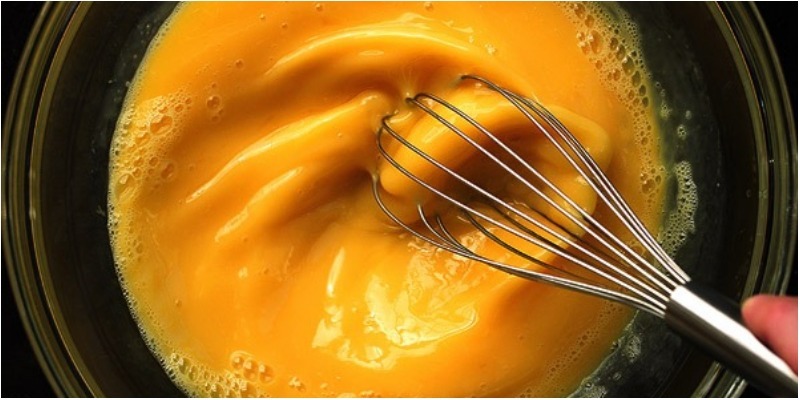
Plunging Hot Boiled Eggs into Ice Water
While it’s true that cooling boiled eggs in water makes them easier to peel, using ice water is not a good idea. The extreme temperature change can cause the egg shells to crack, creating entry points for bacteria.
Stick to using regular cold water or water at room temperature instead.
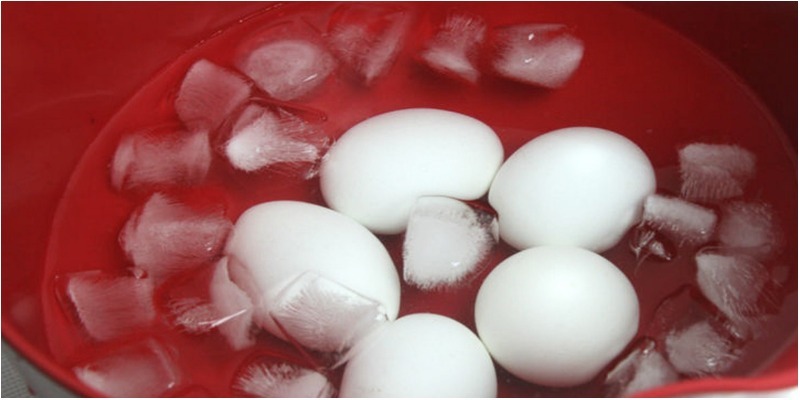
Adding Sugar to Boiled Eggs
Some people add sugar to boiled eggs to enhance their flavor. However, sugar can react with the amino acids in the eggs, forming fructose lysine, which is difficult for the body to absorb. High temperatures can also cause the loss of beneficial amino acids, leading to blood clotting issues.
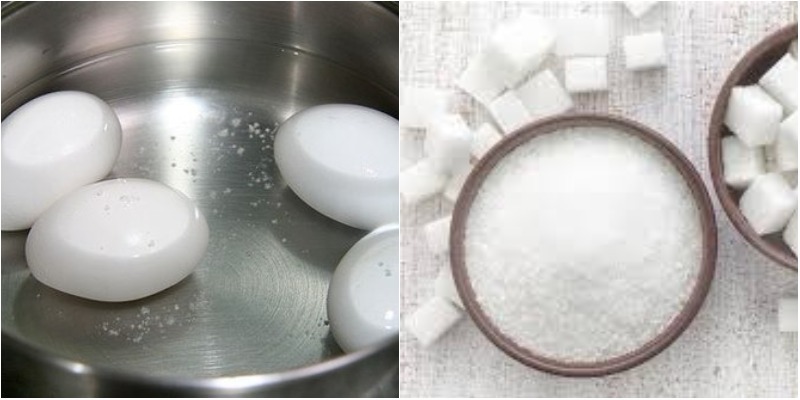
For more information, visit: cooky.vn
Eggs are a nutritious and versatile food, but it’s important to prepare and cook them properly to maintain their health benefits. Be mindful of these common mistakes to ensure you and your family get the most out of this superfood.


